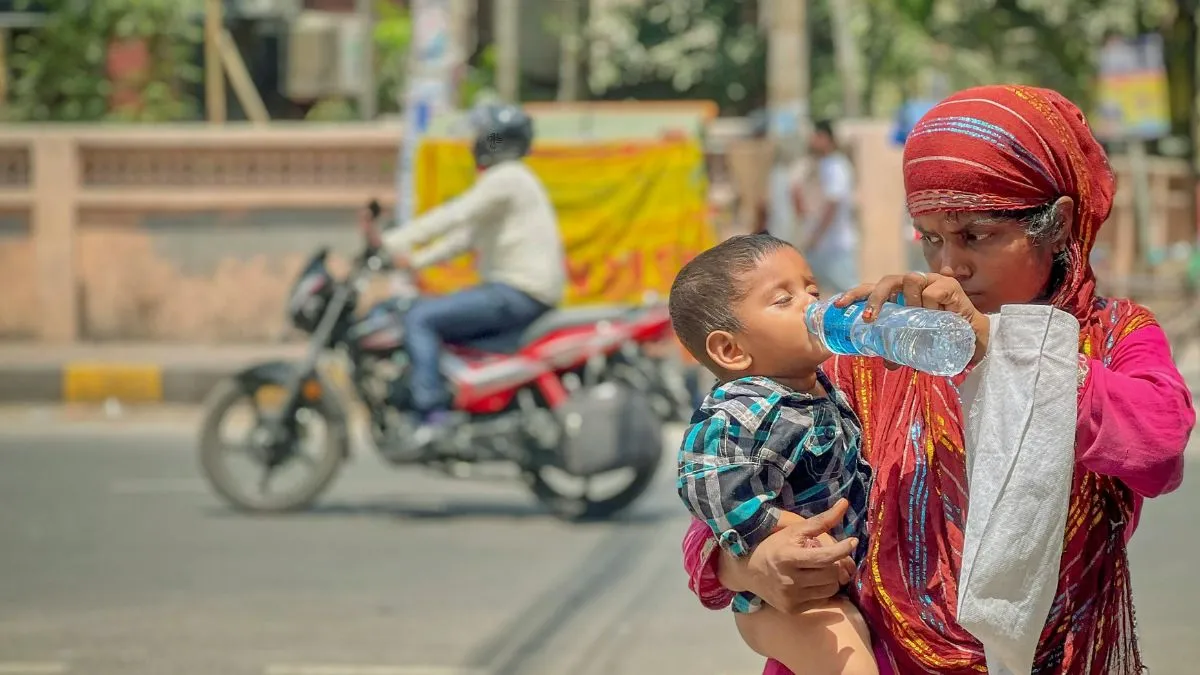- By Priyanka Munshi
- Tue, 22 Apr 2025 05:48 PM (IST)
- Source:JND
India experiences extreme summer heatwaves, especially in regions like Rajasthan, Uttar Pradesh, Bihar, and Delhi. Rising global temperatures and urbanization have intensified these heatwaves, posing severe health risks and necessitating effective preparedness measures. In a conversation with Jagran English, Dr. Neha Rastogi Panda, Consultant – Infectious Diseases, Fortis Memorial Research Institute, Gurugram, talked about Health Risks and Preparedness for the Summer Heatwave Season.
Health Risks Of Heatwaves
Prolonged exposure to extreme heat can lead to several health issues, including:
- Heat Stroke: A life-threatening condition where the body overheats, causing confusion, dizziness, and even organ failure.
- Dehydration: Excessive sweating can lead to fluid loss, resulting in weakness, headaches, and kidney problems.
- Heat Exhaustion: Symptoms include nausea, rapid pulse, excessive thirst, and fainting.
- Respiratory Issues: High temperatures and air pollution can aggravate asthma and other lung diseases.
- Cardiovascular Problems: Heat stress increases the risk of heart attacks and high blood pressure, especially in elderly individuals.
Vulnerable Groups
- Certain populations are more susceptible to heat-related illnesses, including:
- Elderly individuals with reduced heat tolerance.
- Children who may not recognize symptoms of dehydration.
- Outdoor workers such as construction laborers and farmers.
- People with pre-existing medical conditions like diabetes, heart disease, or respiratory illnesses.
- Slum dwellers with inadequate access to cooling and clean water.
Preparedness And Prevention Strategies
To mitigate heatwave-related health risks, individuals and authorities must adopt proactive measures:
For Individuals:
- Stay Hydrated: Drink plenty of water; avoid caffeine and alcohol.
- Dress Appropriately: Wear loose, light-colored clothing and use hats or umbrellas.
- Limit Sun Exposure: Avoid outdoor activities during peak hours (12 PM – 4 PM).
- Cool Down: Use fans, take cool showers, and stay in shaded areas.
- Recognize Symptoms: Seek medical attention if experiencing dizziness, extreme thirst, or confusion.
For Authorities:
- Heat Action Plans: Implement city-specific plans for early warnings and emergency responses.
- Public Awareness Campaigns: Educate people on heat-related illnesses and prevention strategies.
- Cooling Centers: Establish air-conditioned shelters in high-risk areas.
- Emergency Medical Services: Strengthen hospital readiness for heat-related cases.
Also Read: Super Healthy Beetroot Juice: 4 Reasons To Drink It Every Morning On An Empty Stomach

